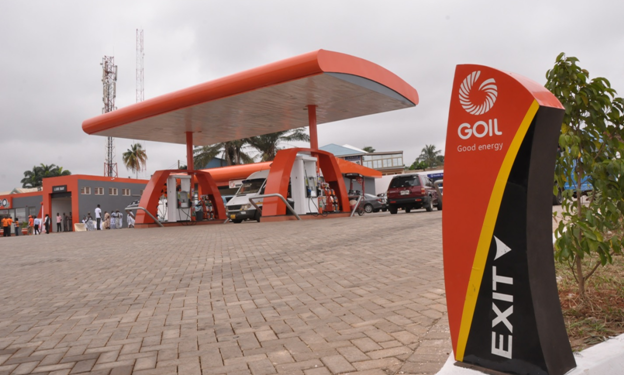GOIL takes the lead, slashes fuel prices in strategic move
The Ghanaian petroleum sector’s resilience and adaptability will undoubtedly be tested in the coming weeks as market participants respond to these strategic shifts, seeking to strike a delicate balance between profitability and consumer welfare.

In a strategic move that underscores competitive dynamics within Ghana’s petroleum industry, industry leader GOIL has announced a reduction in fuel prices effective today. The move, coming amid a backdrop of currency depreciation and shifting market indicators, sets a precedent for other Oil Marketing Companies (OMCs) in the industry.
GOIL, has revised the price of petrol to ¢12.39 per litre, down from ¢12.80, while diesel now stands at ¢12.99, reflecting a decrease from ¢13.30. This decision follows a period during which several OMCs refrained from adjusting prices despite marginal signals of a drop in petroleum product prices.
- Advertisement -
Market analysts suggest that the reluctance of some OMCs to revise prices earlier may have been influenced by the challenges posed by the depreciation of the cedi. The fluctuation in the local currency’s value can complicate the process of passing on reductions in international market prices to consumers in Ghana, providing insight into the strategic considerations facing industry players.
- Advertisement -
Furthermore, industry insiders reveal that the sector has been grappling with attempts to recover from losses incurred during previous months of elevated petroleum product prices. This reduction, therefore, is viewed not only as a response to market dynamics but as a strategic effort by OMCs to shore up their financial positions.
- Advertisement -
The announcement has sparked anticipation within the industry, as stakeholders eagerly await the response of other OMCs to GOIL’s pricing adjustment. The move by GOIL is likely to trigger a ripple effect, prompting competitors to reassess their pricing strategies to maintain a competitive edge.
While consumers stand to benefit from the downward adjustment in fuel prices, questions linger about the extent to which these reductions will be passed on to end-users. The complex interplay of currency dynamics, competitive pressures, and financial considerations underscores the intricate landscape of Ghana’s petroleum industry.
As industry players navigate this terrain, regulatory scrutiny may also play a pivotal role in shaping future pricing strategies. The Ghanaian petroleum sector’s resilience and adaptability will undoubtedly be tested in the coming weeks as market participants respond to these strategic shifts, seeking to strike a delicate balance between profitability and consumer welfare.
Source:norvanreports
- Advertisement -



